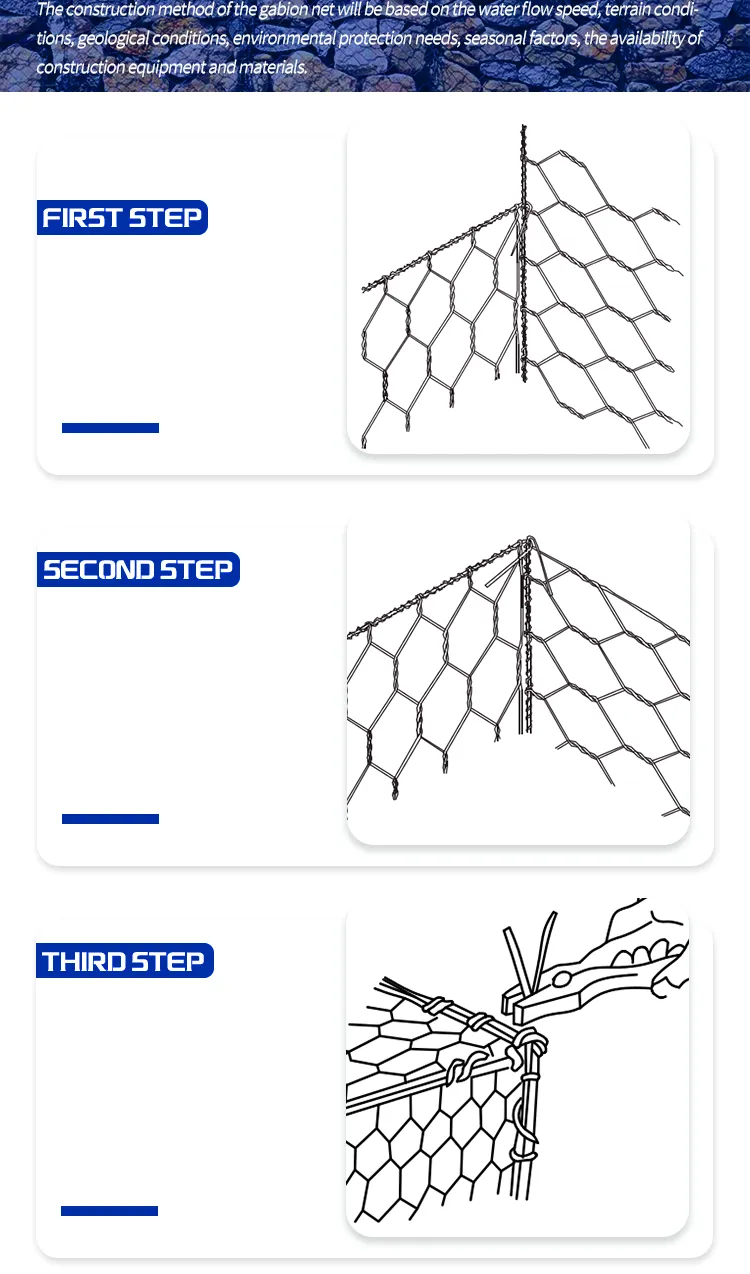-
 Phone:
Phone: -
 Email:
Email:

Exploring Different Varieties of Barbed Wire for Fencing Solutions
Types of Barbed Wire An Overview
Barbed wire, a revolutionary invention dating back to the late 19th century, has played a critical role in fencing and security across farms, ranches, and other properties. Its design—featuring sharp edges or points—serves as a formidable obstacle, deterring both animals and trespassers. Understanding the various types of barbed wire is essential for anyone looking to install fencing for agricultural, security, or aesthetic purposes. This article will explore the different types of barbed wire and their specific uses, advantages, and characteristics.
1. Standard Barbed Wire
Standard barbed wire is the most common type found in agricultural settings. Typically consisting of two strands of wire twisted together with barbs spaced evenly along the length, it is designed primarily for fencing livestock and keeping them confined within certain areas. Standard barbed wire comes in various thicknesses, measured in gauge, which determines its sturdiness. It is relatively affordable and easy to install, making it the go-to choice for many farmers and ranchers.
2. High-Tensile Barbed Wire
High-tensile barbed wire offers a superior alternative to standard options. Made from high tensile strength steel, this type is both thinner and stronger, allowing for greater tension and fewer posts when installed. High-tensile wires can usually withstand more pressure, making them ideal for larger properties or areas with more aggressive wildlife. Though slightly more expensive, their durability and longevity often justify the initial investment.
Coated barbed wire features a protective layer, usually made of vinyl or other materials, wrapped around the steel wire. This coating serves dual purposes enhancing corrosion resistance and providing an aesthetically pleasing look for more decorative installations. The colored coating can help the wire blend with its surroundings, making it a popular choice for residential fences and public spaces where appearance matters.
types of barbed wire

4. Electric Barbed Wire
For those requiring heightened security, electric barbed wire combines traditional barbed wire with electrical current component systems. As the name suggests, electric barbed wire is capable of delivering a mild shock upon contact. This innovative solution is highly effective for securing properties such as military bases, prisons, and high-value sites. However, the installation process is more complex and requires a good understanding of electrical systems and safety protocols.
5. Razor Wire
Often reserved for high-security applications, razor wire features sharp, razor-like blades attached to its strands. It is highly effective in deterring unauthorized access, effectively used in securing prisons, military installations, and border fences. Razor wire is specifically engineered for maximum deterrent capabilities, and its severe design serves as a warning to would-be trespassers. While incredibly effective at preventing breaches, the installation of razor wire involves specific regulations and safety considerations.
6. Barbed Wire Fencing with Additional Features
Some barbed wire options come with additional features for enhanced utility. For instance, some varieties may incorporate reflective properties for visibility in low-light conditions. Others may be designed with particular spacing or barbed styles to cater to specific applications, such as deterring larger animals while allowing smaller creatures to pass. These specialized features can provide tailored solutions for those with unique fencing needs.
Conclusion
Barbed wire remains a versatile and essential tool for a variety of fencing needs, from agricultural applications to high-security setups. With several types available, including standard, high-tensile, coated, electric, razor wire, and specialized options, choosing the right kind depends on the intended use and specific requirements. By understanding the various types and their characteristics, property owners can make informed decisions that align with their fencing goals, ensuring safety, security, and functionality for years to come.
-
Wire Mesh for Every Need: A Practical SolutionNewsJul.25,2025
-
Steel Fences: Durable, Secure, and Stylish OptionsNewsJul.25,2025
-
Roll Top Fencing: A Smart Solution for Safety and SecurityNewsJul.25,2025
-
Cattle Farm Fencing Solutions for Maximum SecurityNewsJul.25,2025
-
Affordable Iron Binding Wire SolutionsNewsJul.25,2025
-
Affordable Galvanized Wire SolutionsNewsJul.25,2025
-
Wire Hanger Recycling IdeasNewsJul.25,2025








